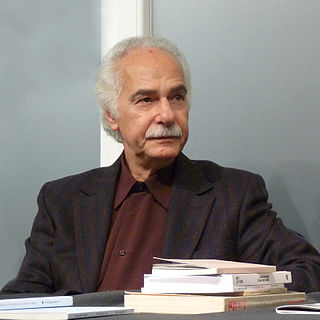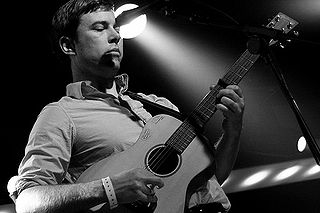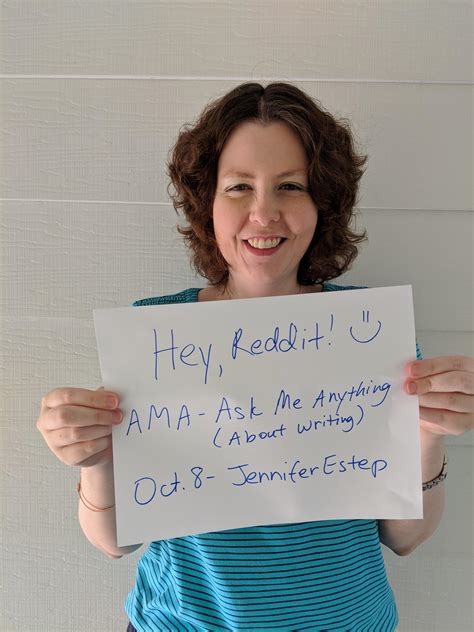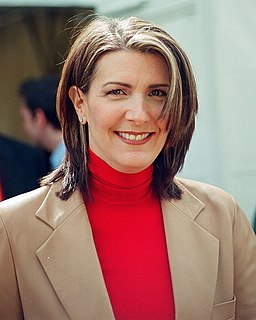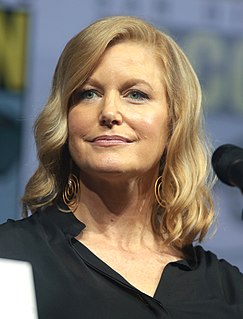A Quote by Avi
Let's agree then . . . if you're about to come to a conclusion, you'll head off in another direction. You might even find your own voice.
Related Quotes
We're always being told 'find your voice.' When I was younger, I never really knew what this meant. I used to worry a lot about voice, wondering if I had my own. But now I realize that the only way to find your voice is to use it. It's hardwired, built into you. Talk about the things you love. Your voice will follow.
I'm sure that inside your heart... you're trying with all your might to find it on your own... the reason you were born. Because... because really... there might not be anyone who was born with a reason. I think that everyone... everyone might have to find one on their own. [in her head] A reason for being born... A reason that it's okay to be alive... A reason to exist. [aloud] I think everyone might have to find it themselves... and decide it for themselves. It could be your dreams... your job... or a person... The reason you're looking for... might be vague, unclear... and uncertain. [in her head] And you might lose it. [aloud] But as long as you're alive... you have to keep searching for that reason.
Certainly it's great to be able to talk to your friends about something. They might mention a film, and you can find all about it, and you don't have to wait months until you can find a book that might cover the subject and keep it in your head. You can have that kind of immediacy. But there's also something about it, where all the knowledge seems kind of fleeting. All the stuff I learn about in that way, I can be interested in for a day and then it's gone.
Y’all might as well come on out,” I said. “I know you’re there. I can smell you.” “Smell me? But I just took a shower this morning!” an indignant voice drifted out of the shadows. There was a loud sound, like someone was getting smacked upside the head. Then another voice let out a low mutter. “Shut up, idiot.
There's this pet phrase about writing that is bandied around particularly in workshops about "finding your own voice as a poet", which I suppose means that you come out from under the direct influence of other poets and have perhaps found a way to combine those influences so that it appears to be your own voice. But I think you could also put it a different way. You, quote, find your voice, unquote, when you are able to invent this one character who resembles you, obviously, and probably is more like you than anyone else on earth, but is not the equivalent to you.
Find your own picture, your own self in anything that goes bad. It's awfully easy to mouth off at your staff or chew out players, but if it's bad, and your the head coach, you're responsible. If we have an intercepted pass, I threw it. I'm the head coach. If we get a punt blocked, I caused it. A bad practice, a bad game, it's up to the head coach to assume his responsibility.
When you wrote it didn't matter if hysteria sometimes came up in your face and voice (unless, of course, you let it find its way into your "literary voice") because writing was done in merciful privacy and silence. Even if you were partly out of your mind it might turn out to be all right: you could try for control even harder than Blanche Dubois was said to have tried, and with luck you could still bring off a sense of order and sanity on the page for the reader. Reading, after all, was a thing done in privacy and silence too.
There's this pet phrase about writing that is bandied around particularly in workshops about "finding your own voice as a poet", which I suppose means that you come out from under the direct influence of other poets and have perhaps found a way to combine those influences so that it appears to be your own voice.
My question is about the head of the Office of Government Ethics. Is he acting ethically when he sent out nine tweets praising Donald Trump saying that his plan was brilliant. How did he come to that conclusion? And how does come to his current conclusions having never done an investigation and never looked at the paperwork in the point where he can actually come to a reasonable conclusion?I think that's unethical.



